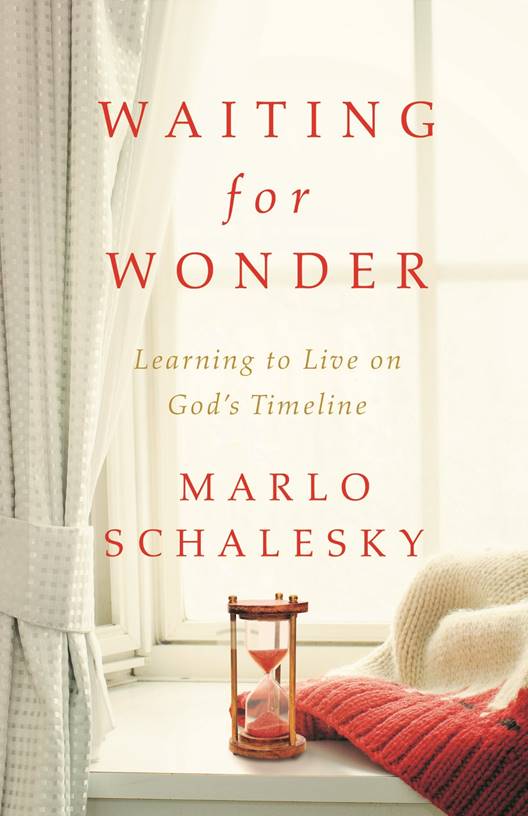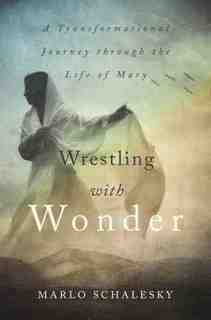 In light of the focus on race and racism in America right now, I wanted to share a short excerpt from the chapter on Hagar from Women of the Bible Speak Out. I hope you'll pick up a copy of the book and read the whole chapter. Here are a couple links for online purchase:
In light of the focus on race and racism in America right now, I wanted to share a short excerpt from the chapter on Hagar from Women of the Bible Speak Out. I hope you'll pick up a copy of the book and read the whole chapter. Here are a couple links for online purchase:Directly from the Publisher
Amazon Link
Barnes & Noble
Hagar was Egyptian, meaning she was black. She was also a slave, given to Sarai, Abraham's wife, as a personal maid. When Sarai became frustrated that she wasn't having a child, she gave Hagar to her husband Abraham to use sexually so that Hagar might get pregnant and Sarai might claim the child for her own. Her story is found in Genesis 16 and 21.
Here's a bit from Women of the Bible Speak Out, chapter 3. I hope it encourages you today:
So often we ignore Hagar’s story, as if she were just a footnote in the story of Abraham and Sarah. As if she didn’t matter much at all. Nobody cared about Hagar. Not Pharaoh. Not Abraham. Not Sarah. And sometimes not even today’s theologians.
At every turn, Hagar was used and treated as a consumable, a commodity to be used up for the purposes and gain of others, and then to be thrown away. She was used not only by Sarai and Abram in the attempt to secure God’s promise of a child on their own terms, but she was also used by Pharaoh, who most likely gave Hagar to Sarai after the disastrous “she’s my sister” incident in Genesis 12. Her life was defined by a series of events in which her needs, her wants, her desires were not considered at all. She was given away to a foreigner by Pharaoh; she was given to a man sexually so she could bear a son that would not be her own; she was abused by her mistress; and then she was cast aside once that mistress had a son of her own. Foreigner. Sexual slave. Property to be used, abused, and thrown away.
She mattered to no one.
Except God.
God spoke to her personally, rescued her, redeemed her abuse. He treated this Egyptian slave woman with respect, love, and care. With value. And he made her line into a great nation, just as he promised. He did it not because Hagar was humble or faithful or somehow deserving. He did it because he saw her suffering and offered his grace to a woman everyone else had used and thrown out. They left her homeless, husbandless, and helpless, but God lifted her up and transformed not only her desperate circumstances, but also her mistakes when he led her into a future that was more than she could ever have imagined for herself.
God can do that for you, too. He can take the worst of what you’ve suffered—your most painful humiliations and even life-long dehumanizing moments—and, despite your own bitterness, pride, anger, and resentment, redeem them, and you. That’s what God does.
When others use us and leave us without a place of safety, without a home, God is with us. When the love and security of family is taken from us—which, in Hagar’s time, was what it was to be husbandless—God sees and intervenes. When we feel helpless to provide for our own needs or the needs of others, God will not leave us bereft.










0 comments:
Post a Comment